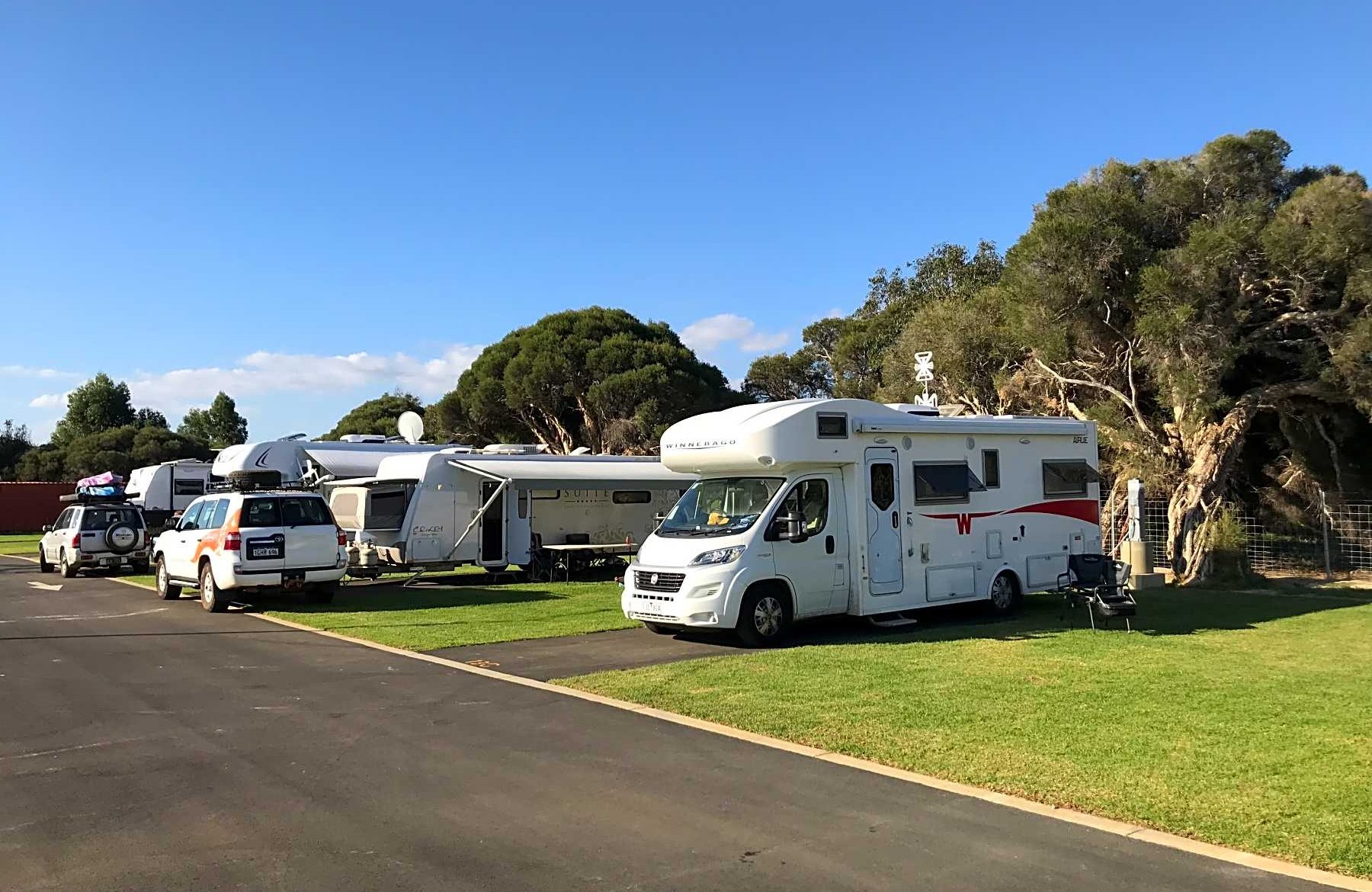The RV dealership industry is undergoing significant transformation, driven by shifts in consumer expectations, market trends, and technological advancements. Unlike the previous generation of dealers, who often relied on steady, localized growth and strong personal relationships, next-generation dealers face a more dynamic and competitive environment. Here are some key considerations for them:
-
Embrace the “Empire Builder” Mindset
- Scaling Up: Growth is no longer optional. To thrive, dealers must focus on scaling their businesses, whether through expanding geographic footprints, acquiring competitors, or increasing their inventory and service offerings.
- Diversifying Revenue Streams: Empire builders look beyond traditional RV sales, exploring opportunities like rentals, mobile service units, and ancillary products such as insurance and extended warranties.
-
Leverage Technology and Innovation
- Digital Transformation: Dealers need robust online platforms to engage customers effectively. This includes virtual RV tours, e-commerce capabilities, and AI-driven customer service.
- Data-Driven Decisions: Using analytics to track market trends, customer preferences, and operational efficiency is crucial.
-
Customer-Centric Approach
- Enhanced Experiences: Today’s buyers demand more than just a transaction. They expect experiences, such as lifestyle education, camping packages, and long-term support.
- Brand Loyalty: Building strong customer relationships is vital for repeat business, especially as younger generations enter the RV market.
-
Responding to Market Pressures
- Consolidation Trends: Larger dealership networks and corporate acquisitions are changing the industry. Smaller dealers may need to collaborate or join forces to remain competitive.
- Economic Resilience: Fluctuations in fuel prices, interest rates, and economic uncertainty require agility and strategic planning.
-
Workforce Development
- Skilled Talent: Investing in training and retaining skilled employees for sales, service, and management positions will support sustainable growth.
- Leadership Succession: Planning for leadership transitions within family-owned dealerships is critical to maintaining stability and fostering innovation.
-
Environmental and Regulatory Challenges
- Sustainability Focus: Dealers can benefit from offering eco-friendly RV options or promoting sustainable travel practices to attract environmentally conscious buyers.
- Compliance: Staying ahead of regulatory changes impacting vehicle standards and customer financing is essential.
In sum, next-generation RV dealers must adopt a forward-thinking approach, balancing traditional values with a willingness to innovate and adapt to industry evolution. Those who position themselves as empire builders are more likely to secure their long-term success in a competitive landscape.




 Roger L. Nuttall served as President of Camping World, Inc. from January 2011. Prior to that, he was the Chief Operating Officer of FreedomRoads, LLC from January 2009 to January 2011, and the Executive Vice President and Chief Financial Officer of FreedomRoads, LLC from November 2003 to December 2015. From 1981 to 1983, Mr. Nuttall was a partner at McKay, Nuttall, and Reid, an accounting and consulting firm. Before that, he held various staff and management positions at Grant Thornton LLP from 1974 to 1981. From 1983 to 2003, Mr. Nuttall served as Chief Financial Officer and board member of Blaine Jensen & Sons, Inc., a multi-dealership RV company. He received a B.A. from Weber State University.
Roger L. Nuttall served as President of Camping World, Inc. from January 2011. Prior to that, he was the Chief Operating Officer of FreedomRoads, LLC from January 2009 to January 2011, and the Executive Vice President and Chief Financial Officer of FreedomRoads, LLC from November 2003 to December 2015. From 1981 to 1983, Mr. Nuttall was a partner at McKay, Nuttall, and Reid, an accounting and consulting firm. Before that, he held various staff and management positions at Grant Thornton LLP from 1974 to 1981. From 1983 to 2003, Mr. Nuttall served as Chief Financial Officer and board member of Blaine Jensen & Sons, Inc., a multi-dealership RV company. He received a B.A. from Weber State University. Mike has almost 30 years’ experience in the Recreational Vehicle (RV) Industry and provides advisory and consulting services to clients within that industry.
Mike has almost 30 years’ experience in the Recreational Vehicle (RV) Industry and provides advisory and consulting services to clients within that industry. Scott Degnan is the Partner and Co-founder of RV Business Solutions and President of Degnan Management Group, Inc., a consulting firm.
Scott Degnan is the Partner and Co-founder of RV Business Solutions and President of Degnan Management Group, Inc., a consulting firm. Dom Bookman is the Chief Operating Officer and Investor Relations lead at RV Business Solutions. With 12 years of experience in the tech industry, Dom is a serial entrepreneur specializing in business development, marketing, and growth strategies for leading brands. He has successfully piloted startups and facilitated multiple exits for early-stage companies.
Dom Bookman is the Chief Operating Officer and Investor Relations lead at RV Business Solutions. With 12 years of experience in the tech industry, Dom is a serial entrepreneur specializing in business development, marketing, and growth strategies for leading brands. He has successfully piloted startups and facilitated multiple exits for early-stage companies.